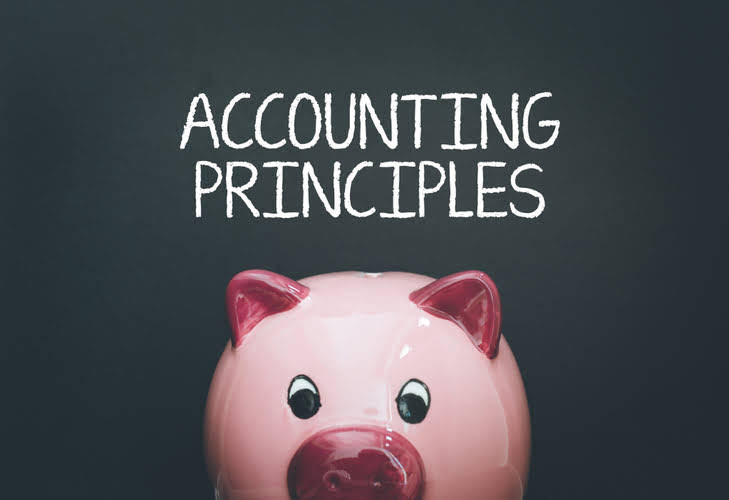


For two reasons, the accounting issue identified above is important for assessing the choice Tesla’s stockholders face this week. Certified public accountants Jack Sardis, 66, and George Sanossian, 70, also agreed to pay $652,883.60 in restitution to state and federal authorities. On the recommendation of the American Institute of CPAs (AICPA), the FASB was formed as an independent board in 1973 to take over GAAP determinations and updates. The board comprises seven full-time, impartial members, ensuring that it works for the public's best interest. The Governmental Accounting Standards Board (GASB) estimates that about half of the states officially require local and county governments to adhere to GAAP. Integrity Network members typically work full time in their industry profession and review content for Accounting.com as a side project.

Errors in tracking can lead to client disputes, lengthy collections processes, and lost revenue. Plus, falling behind on tracking expenses can impact the earning potential of a law firm when you consider how some jurisdictions calculate the payout after expenses or liens have been deducted. As previously noted, trust accounting is the process of law firms tracking and monitoring client funds that have been held in trust. With the accrual method, you record revenue when it’s earned and expenses when they’re incurred—whether they’re paid right away or not. This creates a better matching of costs to the revenues earned in a given month or year. It allows for more meaningful financial management that isn’t influenced by the ups and downs of cash flow.
By using sound bookkeeping practices to keep accurate records and consistently review the firm’s financial statements on a monthly or weekly basis, you’ll see your firm’s true financial picture. Committing to accounting for law firms will allow you to be better equipped to identify growth opportunities. Law firms also use a process of three-way reconciliation to check that their internal trust ledgers align with client trust ledgers and trust bank account statements. This reconciliation process may be completed manually, or with legal trust accounting software. Following completion, these reports are submitted to a law firm’s jurisdiction on their specified cadence.
There are a number of approaches, all applying numbers and accounting, to establish an opinion for the court and trier of fact to rely upon, which will be covered in part 3 of our series.
In an effort to move towards unification, the FASB aids in the development of IFRS. The FASB issues an officially endorsed, regularly updated compendium of principles known as the FASB Accounting Standards Codification. The compendium includes standards based on the best practices previously established by the APB.

The income statement reflects whether a law firm is making a profit or loss over a period. You can understand the financial health of your practice through the income statement (together with the balance sheet and cash flow statement). When done correctly and consistently, legal accounting can help law firms better manage expenses and costs and identify opportunities for increasing revenue. Proper accounting records can also help lawyers make informed, data-driven decisions for their firms and can aid in financial planning for greater long-term success.

The Financial Accounting Standards Board (FASB) uses GAAP as the foundation for its comprehensive set of approved accounting methods and practices. Maintaining a basic knowledge of accounting concepts empowers lawyers in their practice, and this program strives to equip lawyers with the ability to confidently engage with accounting and financial matters. Lawyers looking to launch their practices, or maintain a successful one, need to pay law firm chart of accounts attention to firm finances. You can determine if you are up to date on best practices by asking your accounting professionals simple questions regarding tax obligations, business insurance, payroll, and more. The income statement helps law firms decide if they can generate profit by decreasing costs, increasing revenues, or both. It also grades the efficiency of the strategies employed by the firm at the beginning of a financial period.
Green balances work, training, and family, aiming to set a good example for his two-year-old son. AI-powered legal analytics, workflow tools and premium legal & business news. Lucian Bebchuk is the James Barr Ames Professor of Law, Economics, and Finance, and Director of the Program on Corporate Governance, at Harvard Law School.
Usually, the two primary groups of people that use the income statement are internal and external users. The internal users include company management and the board of directors, while the external users are tax and accounting professionals, creditors, and consultants. When it comes to tax season and planning for the future, lawyers need to move beyond boxes of receipts and a spreadsheet for managing firm finances.